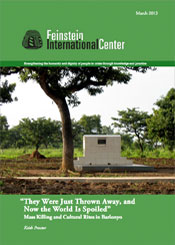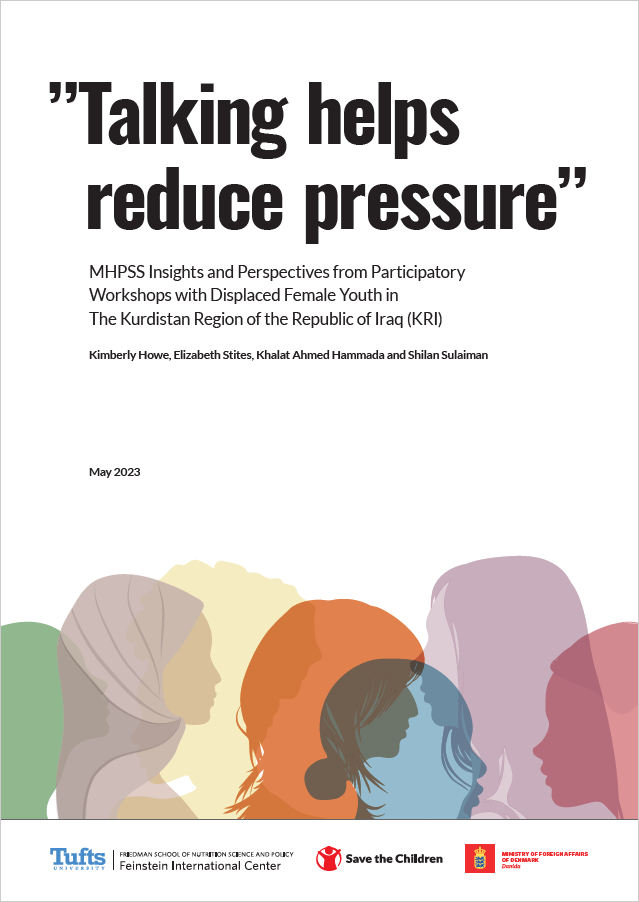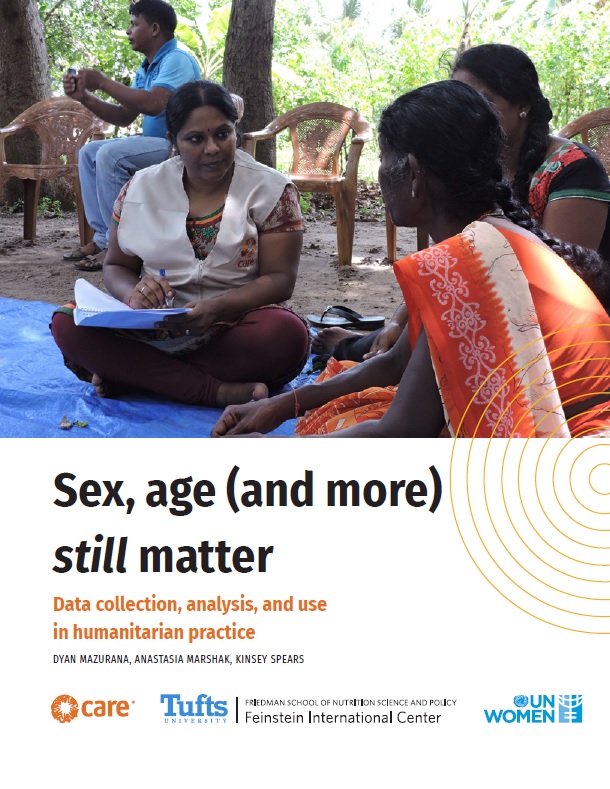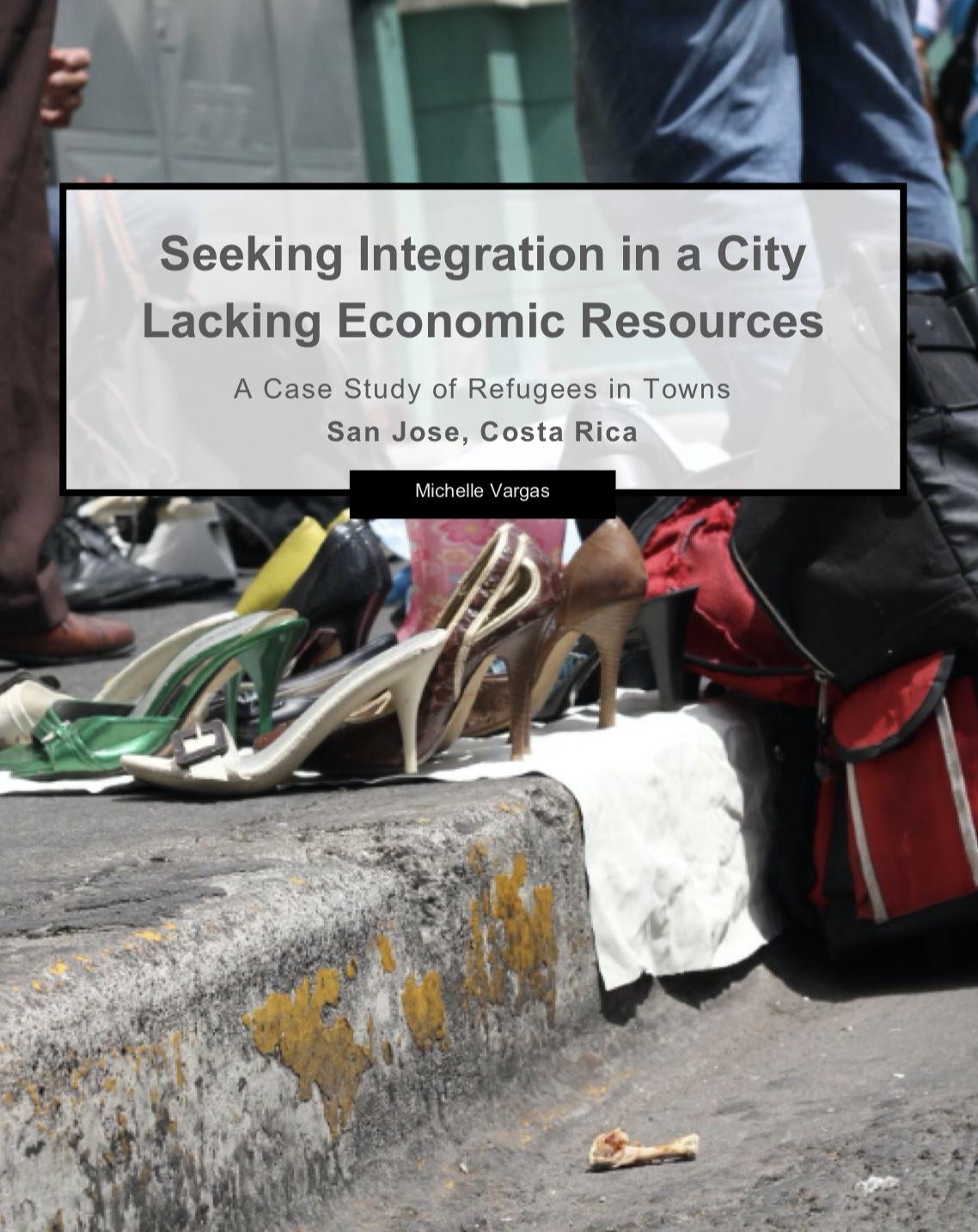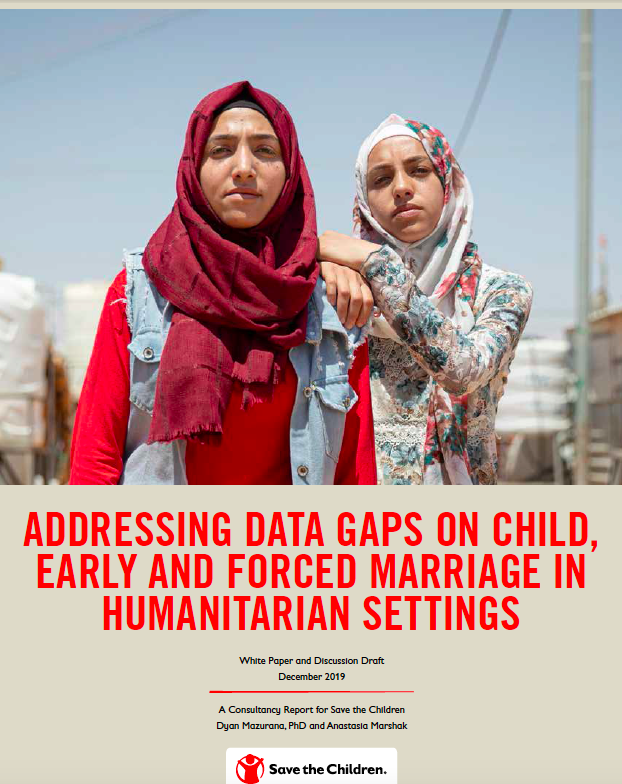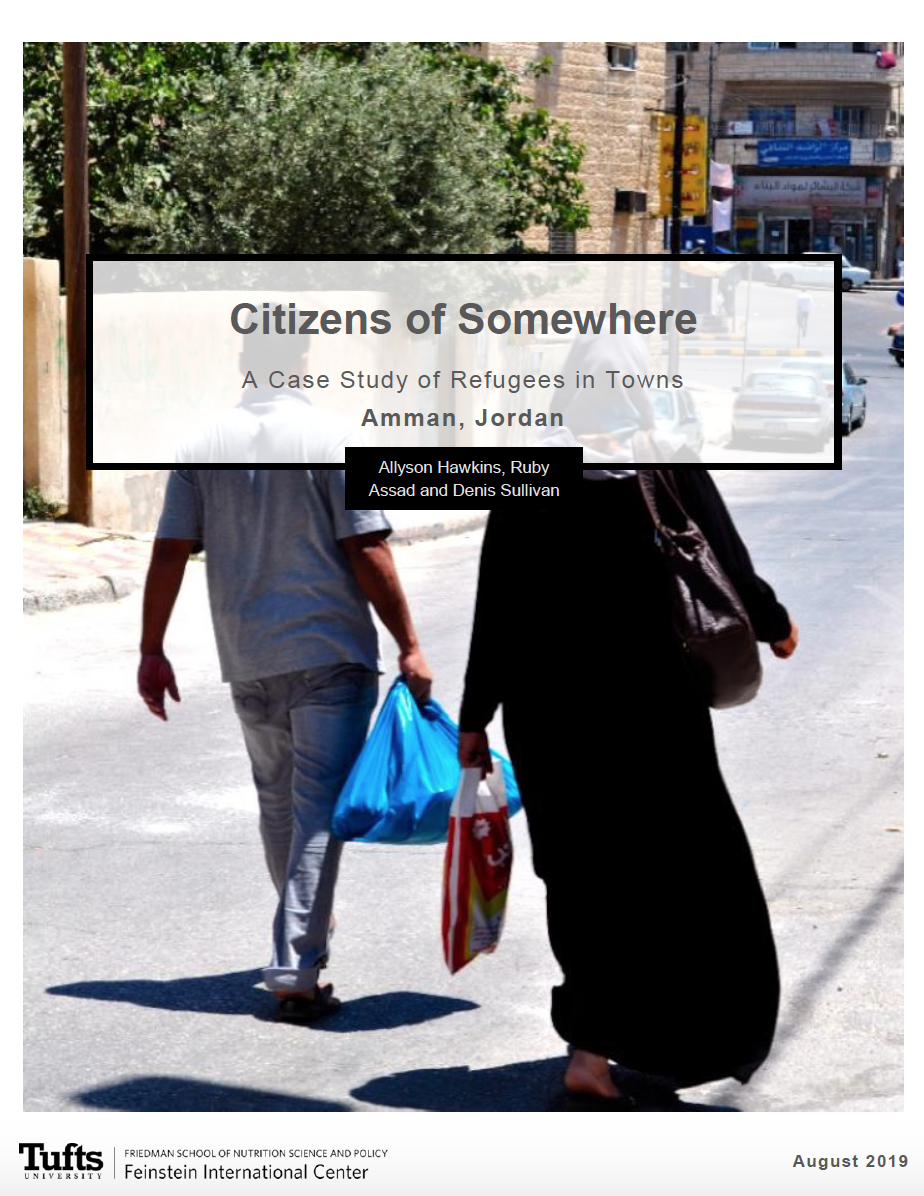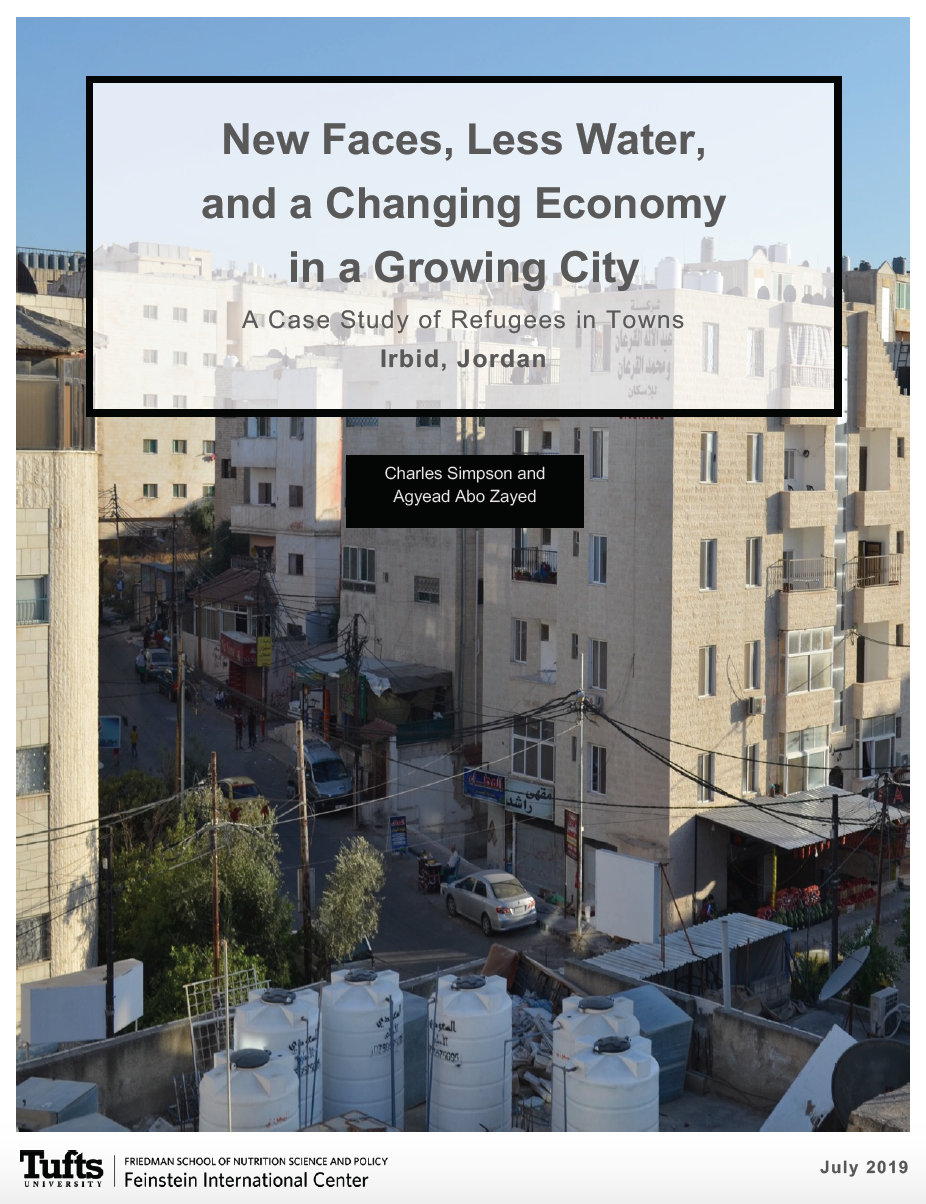In the aftermath of violence, proper treatment of the dead provides a vital consolation for survivors and their communities. This recognition of the bonds that tie the living to the dead has become a key feature of international human rights, encapsulated in the United Nations’ Basic Principles and Guidelines on the Right to a Remedy and Reparation for Victims of Gross Violations of International Human Rights Law and Serious Violations of International Humanitarian Law. But in the case of mass killings and mass graves, there may be no consensus on what “proper treatment” of the dead entails. Drawing on interviews conducted in 2011 with survivors and leaders from Barlonyo, Uganda – the site of a large-scale massacre perpetrated by the Lord’s Resistance Army in 2004 – this report analyzes how rapid cultural transformations have complicated what proper treatment of the dead entails, and, therefore, the right to satisfaction. By paying careful attention to how death and remembrance rituals have changed over time among the Langi, the report sets out to provide a set of recommendations based on community priorities for the treatment of those who have died as a result of mass violence; and, offer insights into the cultural context in which any future programming around the proper treatment and memorialization of those killed would be undertaken.
RELATED PUBLICATIONS
This report provides insights and perspectives from participatory workshops with displaced female youth in the Kurdistan region of the Republic of Iraq (KRI).
•
May 2023
This report reviews progress, outlines barriers to further progress, and makes recommendations to advance gender equality in the humanitarian system.
•
March 2023
This case report looks at migration to Costa Rica and explores the main opportunities for and obstacles to integration in terms of migratory status, access to public health, jobs, education, and recreation.
•
March 2020
This report is a comprehensive and user-friendly concept note for a database on child marriage in humanitarian settings, a first step in eradicating the problem.
•
January 2020
This case report focuses on Amman, Jordan, which has for years been at the center of prolonged refugee experiences.
•
August 2019
Irbid, Jordan is now inhabited by more Syrian refugees than Jordanian hosts. Yet the most profound changes in the city—affecting and being affected by refugees’ integration—are megatrends affecting cities the world over
•
July 2019

